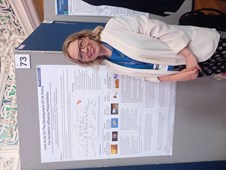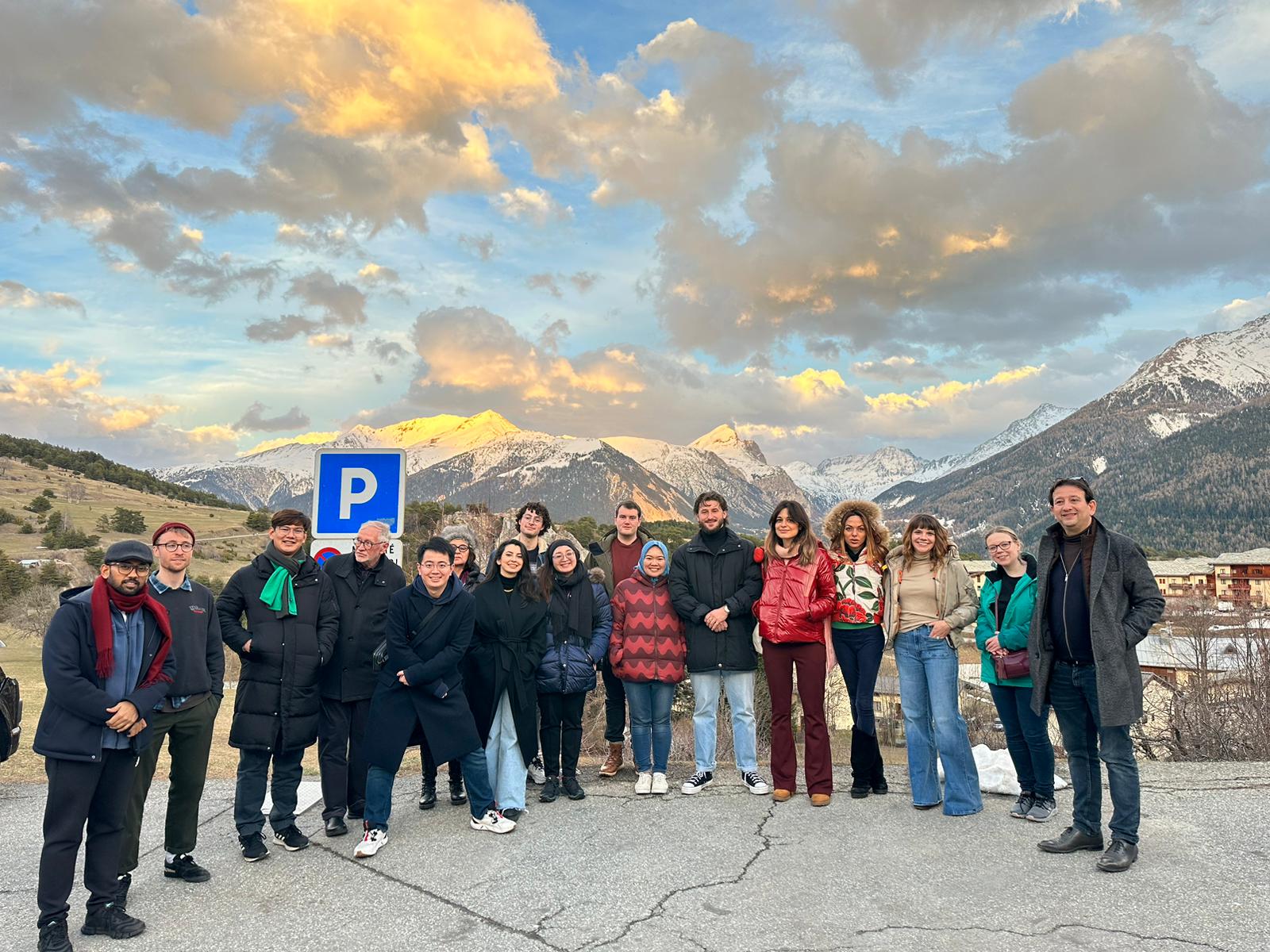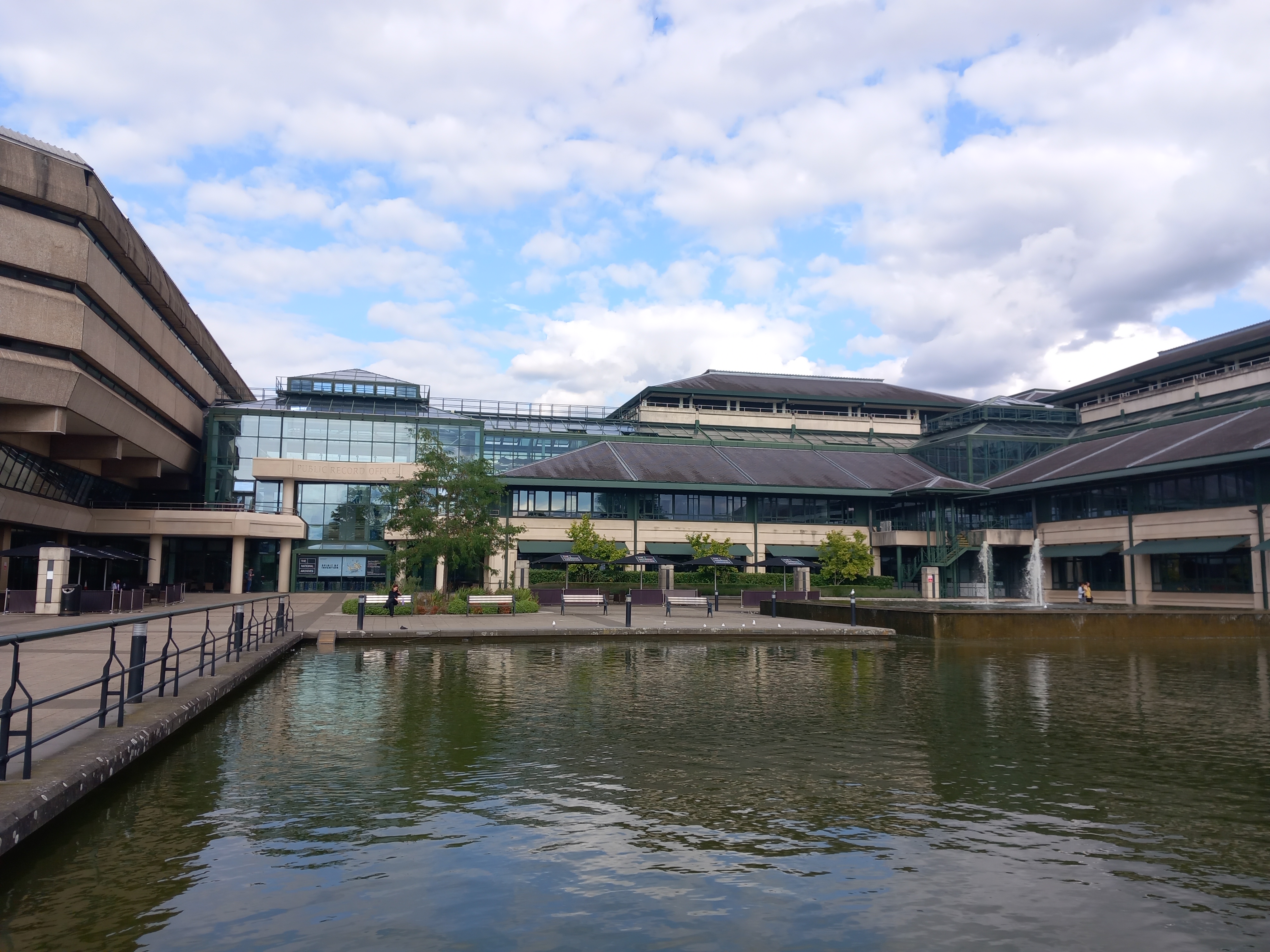Knowledge Mobilisation update from Helen Piotrowski
Mon, 18 September 2023
During the second year of my PhD, my focus has narrowed to explore UK pandemic influenza preparedness policies between 1988 and 2019. The UK produced its first contingency plan for pandemic influenza in 1997. During the same year, the appearance of Highly Pathogenic Avian Influenza (HPAI) H5N1, which killed 18 people in Hong Kong, led to the UK Department of Health becoming increasingly aware of the risk of pandemic influenza. Fears heightened in 2003 with a global outbreak of novel coronavirus (SARS) affected 29 countries, in addition to further outbreaks of H5N1. This led to global action on planning for pandemics. Pandemic influenza was seen as the greatest risk and therefore planning centred on this virus.

To explore the development of these policies, I have conducted oral history interviews with 19 witnesses who had been involved in pandemic preparedness between 1988 and 2019. In addition to these interviews, I have continued archival research on policy documents produced over this period. This has included visiting Professor Sir Liam Donaldson’s Special Collection in Newcastle, and further visits to The National Archives in London. Between 1988 and 2019, the UK health system has undergone a number of changes and reforms. Witnesses spoke of how this affected relationships and priorities of communicable disease control. To explore this matter further, I organised a witness seminar as part of Professor Sally Sheard’s Governance of Health project. In May 2023, we held the witness seminar on the governance and reform of communicable disease control systems. Nine expert witnesses and five observers attended. This event was subsequently referenced in evidence supplied to the Covid-19 Public Inquiry.
I have also begun conducting high-level thematic analysis of qualitative data to help further narrow the focus of my PhD and identify further witnesses to interview. Analysis is an iterative process and is ongoing. To support my theoretical and methodological training, I have attended a number of courses over the past year. In February 2023, I attended the International Public Policy Association’s (IPPA) Winter School. This took place in the French Alps and was chaired by renowned policy scholars. My workshop group was led by Interpretivist Political Scientists, Professor Frank Fischer and Professor Phillippe Zittoun. Over the course of the week, I had the opportunity to present my PhD proposal and gain feedback from the professors and from my peers. This was a fantastic opportunity which greatly supported my knowledge development and confidence. I also attended a BSc module in public policy facilitated by my co-supervisor Prof David Dolowitz. Additionally, I have attended oral history, oral history archives, and narrative interview analysis workshops run by the University of Liverpool. I have had the opportunity to present a poster at the International Pandemic Science Conference in Oxford, an oral presentation at our HPRU in Emerging and Zoonotic Infections annual conference, and have recently been invited to present at UKHSA’s forthcoming annual conference (in November 2023). I have continued to build networks with UKHSA. This includes regularly attending their Emergency Preparedness, Resilience and Response (EPRR) Network meetings, observing with Public Health Practitioners, and on a Local Resilience Forum Emergency Exercise. I was also fortunate to attend UKHSA’s Zoonoses Conference earlier this year, and UKHSA’s annual conference in November 2022. Additionally, I have supported a UKHSA evidence review into pandemic preparedness. This has helped me develop a stronger relationship with the HPRU in Emergency Preparedness and Response, who led the review, and I was invited to their HPRU’s annual conference last December.


